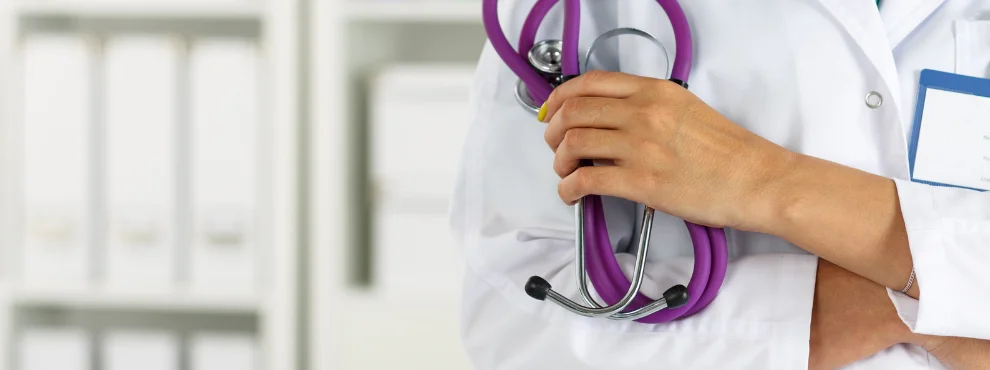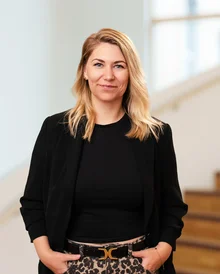How can general practitioners be relieved in the future?
A current research project involving Witten/Herdecke University is investigating how the "Physician Assistant" profession can be integrated into GP practices.

Where there is a shortage of doctors, they could be a solution: Physician Assistants (PAs), trained assistants who take over tasks from doctors and relieve them. The new research project "Physician Assistants in General Practice" (PAAM), which was launched in January 2025, is testing how this can work in a team practice for GP care. The multi-centre project is being carried out jointly by a number of partners and funded by the Innovation Fund with around 6.75 million euros; it is being led by the Institute of General Practice (ifam) at Essen University Hospital and the Faculty of Medicine at the University of Duisburg-Essen. At Witten/Herdecke University (UW/H), the Institute of General Practice and Primary Care (iamag) is involved under the project management of Univ.-Prof. Dr Achim Mortsiefer and Dr rer. medic. Christine Kersting.
Medical tasks are to be delegated to physician assistants
Although the job description of a PA is still little known to the German public, it is increasingly regarded by experts as an important addition to medical care. PAs complete a six- to eight-semester bachelor's degree programme in medicine and take on delegable medical tasks. To date, most PAs have worked in the clinical sector, but some best-practice practices have already gained promising experience.
In the new PAAM project, which will run for 45 months, a cluster-randomised study will be conducted in a total of 24 intervention and 28 control practices in Westphalia-Lippe and Schleswig-Holstein. It aims to investigate the contribution PAs make to GP care and how cooperation between PAs and GPs can be supported in the best possible way. The safety of patients and the quality of care as well as the effects on care capacities, the satisfaction of doctors and patients and efficiency will be evaluated. The researchers want to find out where the potential of PAs lies in GP care and how their role can be further developed in the future.
Further information: https://t1p.de/paam-nrw
All PAAM project partners
- Department of General Practice (AMRUB), Ruhr University Bochum (RUB)
- Department of Medical Informatics, Biometry and Epidemiology (AMIB), RUB
- Action Alliance Patient Safety e.V.
- AOK Bundesverband GbR, Scientific Institute of the AOK (WIdO)
- BARMER
- German Society for Physician Assistants (DGPA)
- German Association of Physician Assistants (DHPA) e.V.
- Essen Research Institute for Medical Management GmbH (EsFoMed)
- EU|FH University of Applied Sciences for Health, Social Affairs and Education
- Fliedner University of Applied Sciences (FFH), Düsseldorf
- Media Law Research Centre, TH Cologne
- Institute for Medical Quality Schleswig-Holstein gGmbH (IQSH)
- Institute for General Practice, Düsseldorf University Hospital
- Institute for General Practice, Essen University Hospital
- Institute of General Practice and Primary Care (IAMAG), Witten/Herdecke University
- Institute for Constitutional Law, University of Cologne
- Westphalia-Lippe Association of Statutory Health Insurance Physicians (KVWL)
- Chair of Medical Management, University of Duisburg-Essen
- Association of Medical Specialists e.V
- Central Institute for Statutory Health Insurance Physician Care
Photos for download
Contact person

Svenja Malessa
Press Officer
Administration | Communication & Marketing
Alfred-Herrhausen-Straße 48
58455 Witten
Room number: 2.F05
